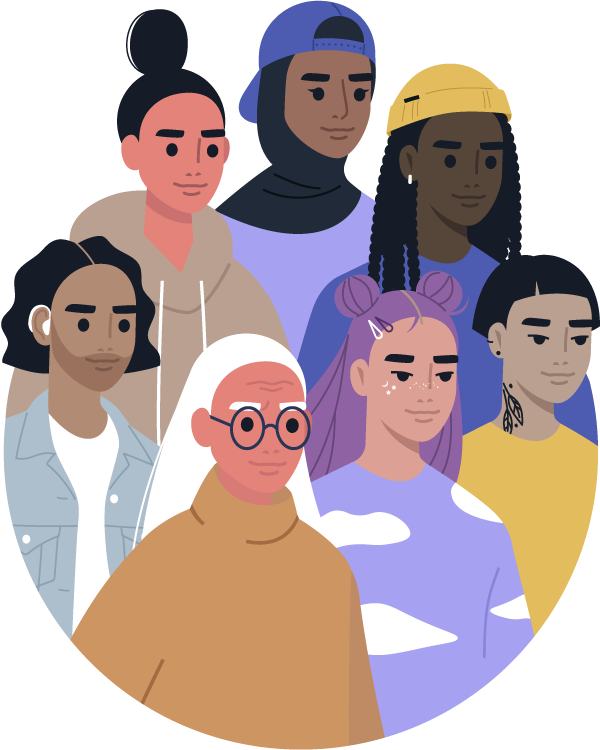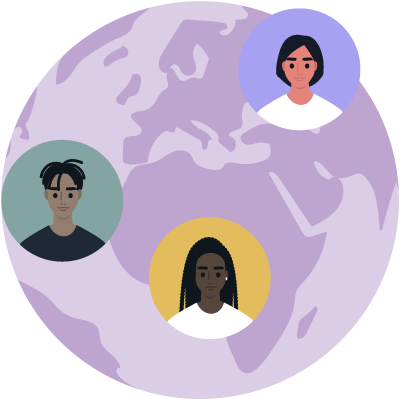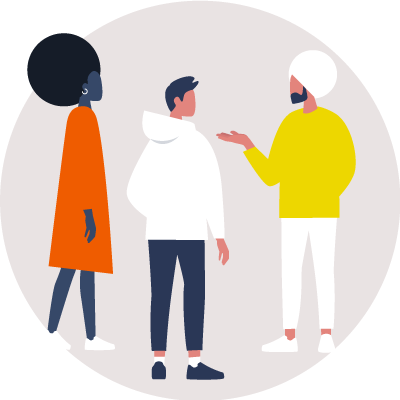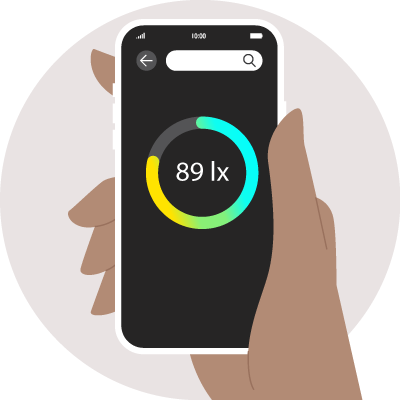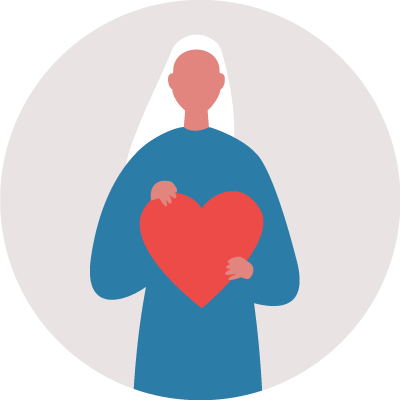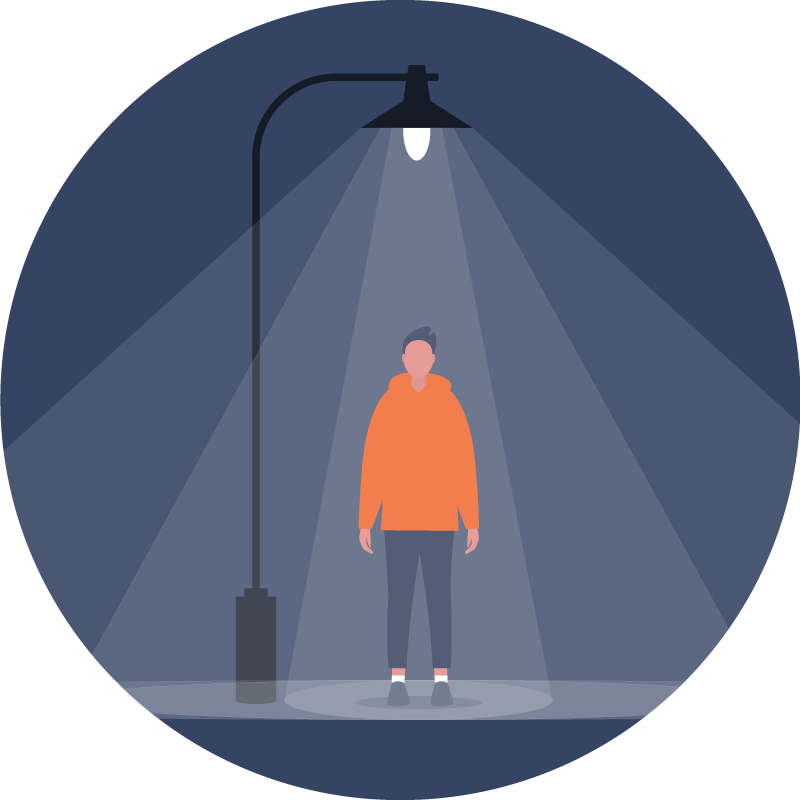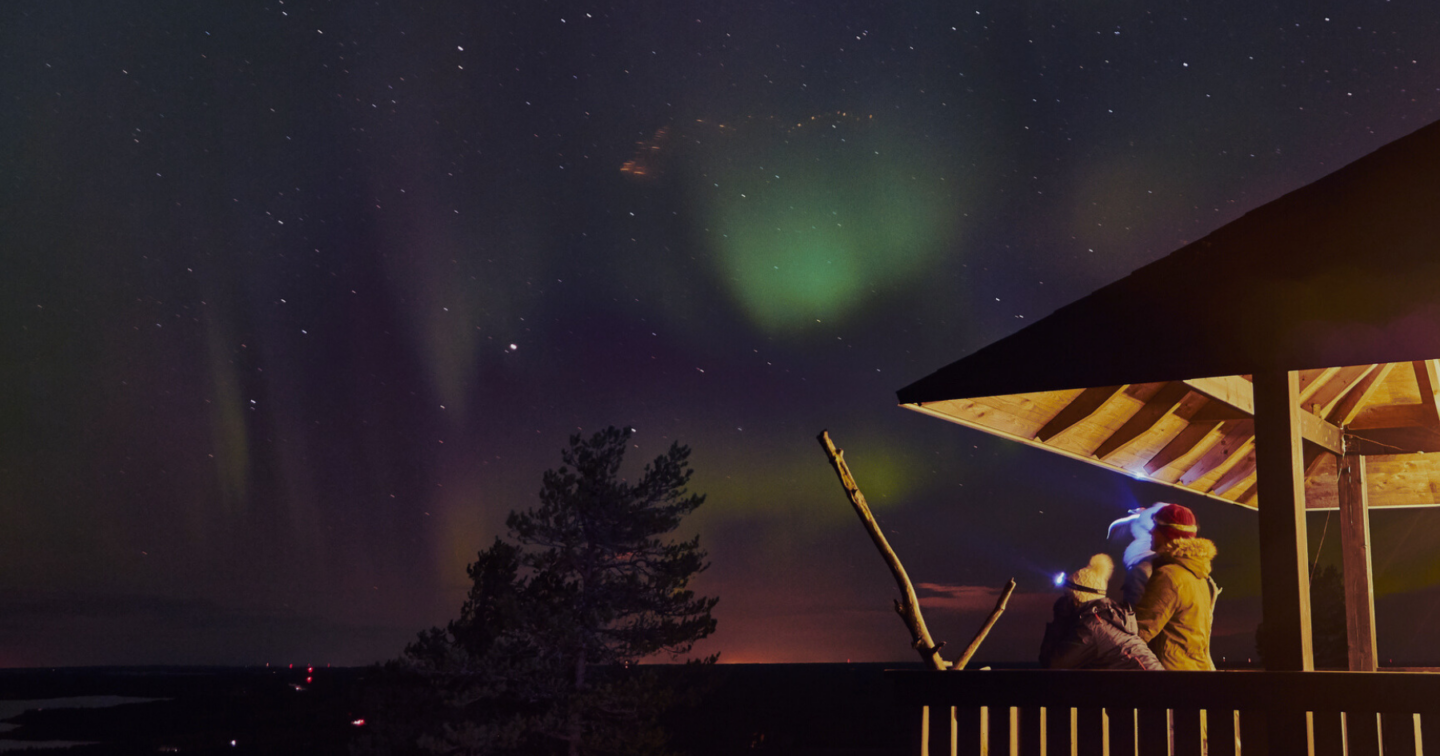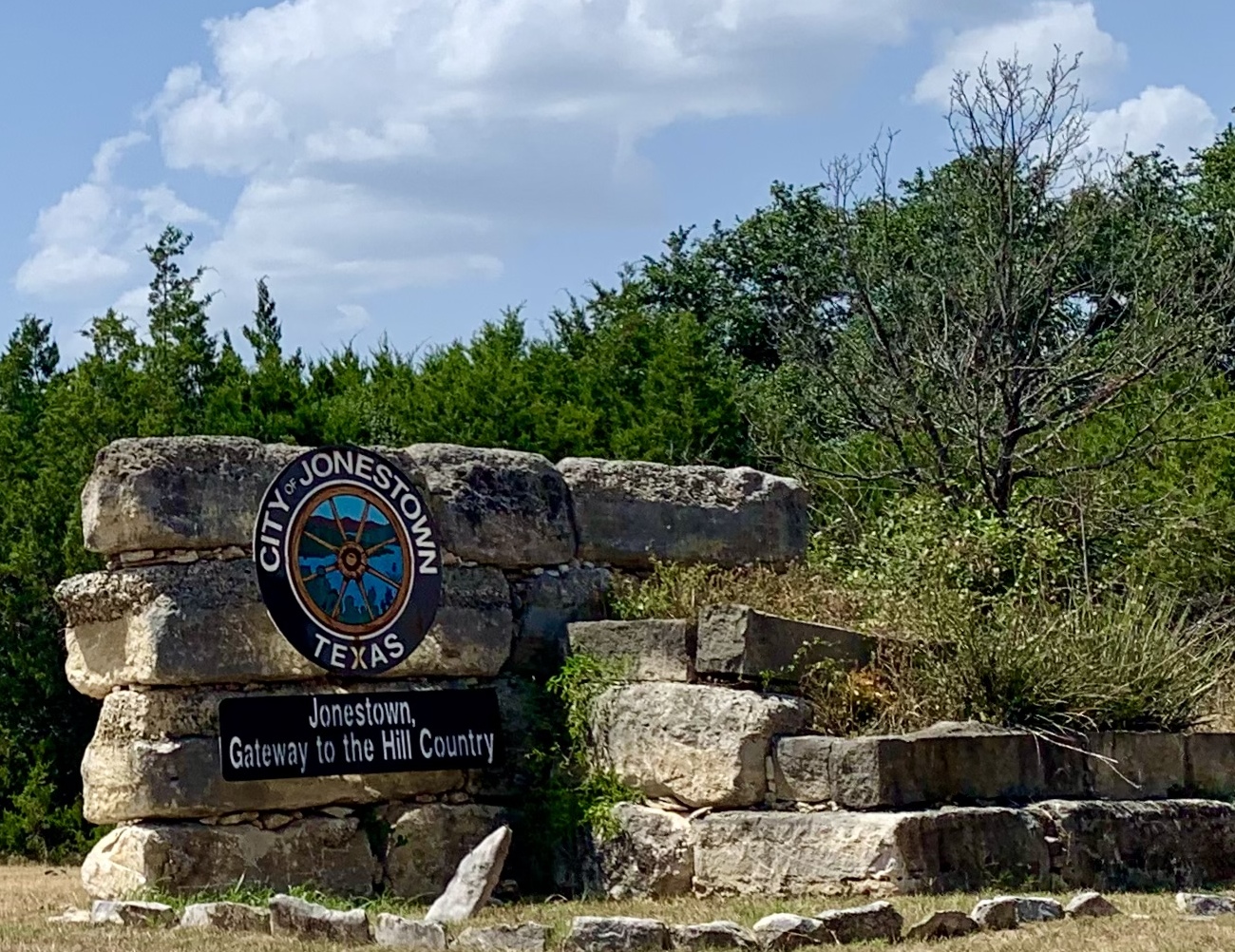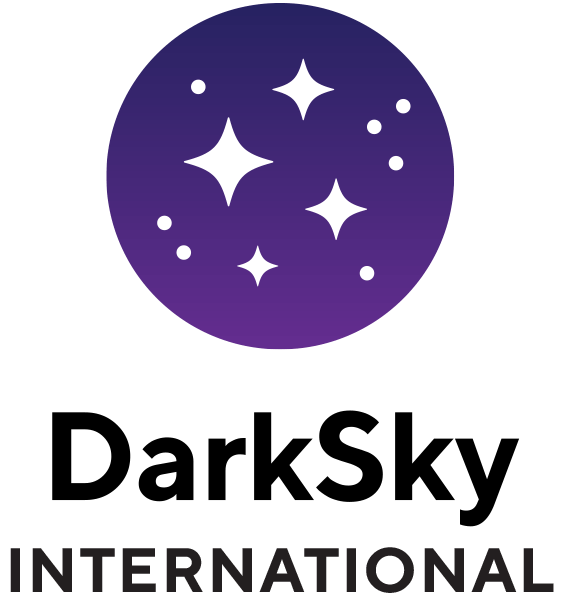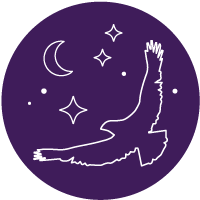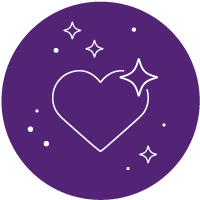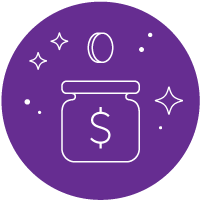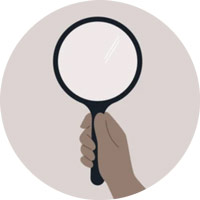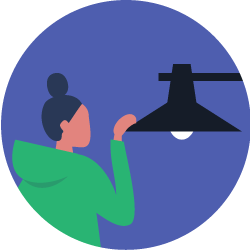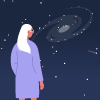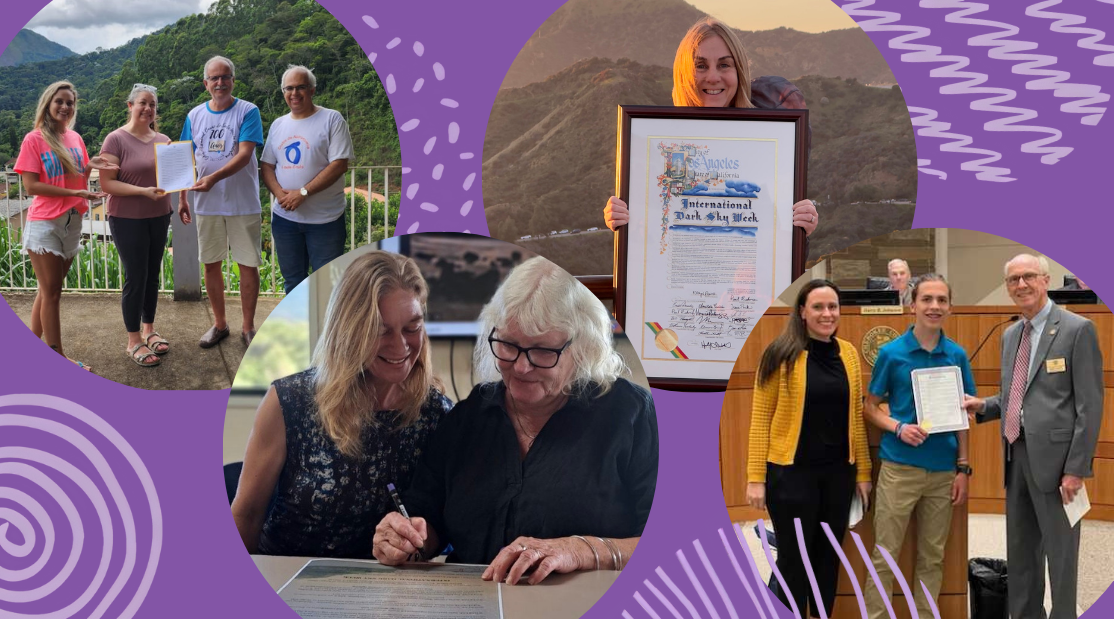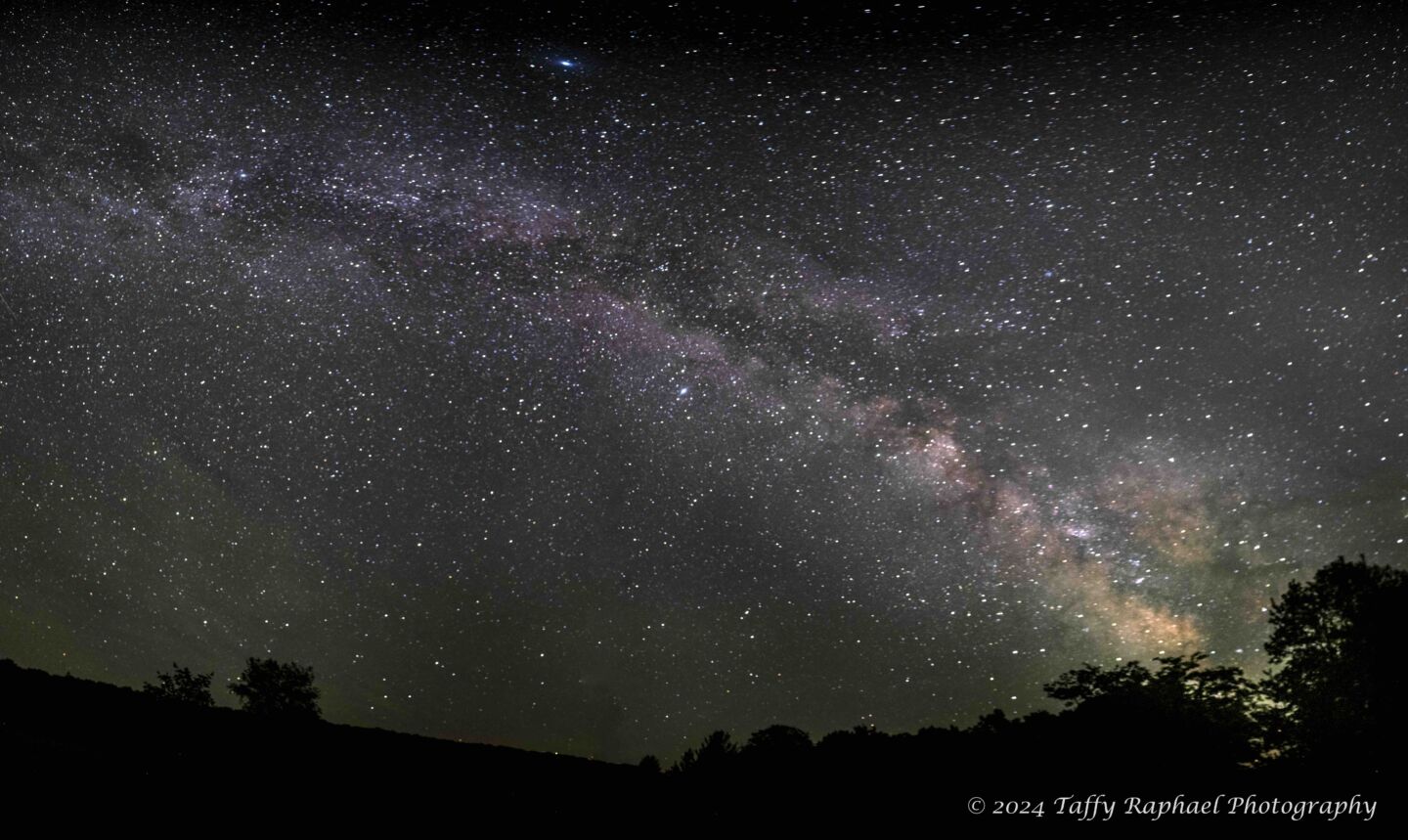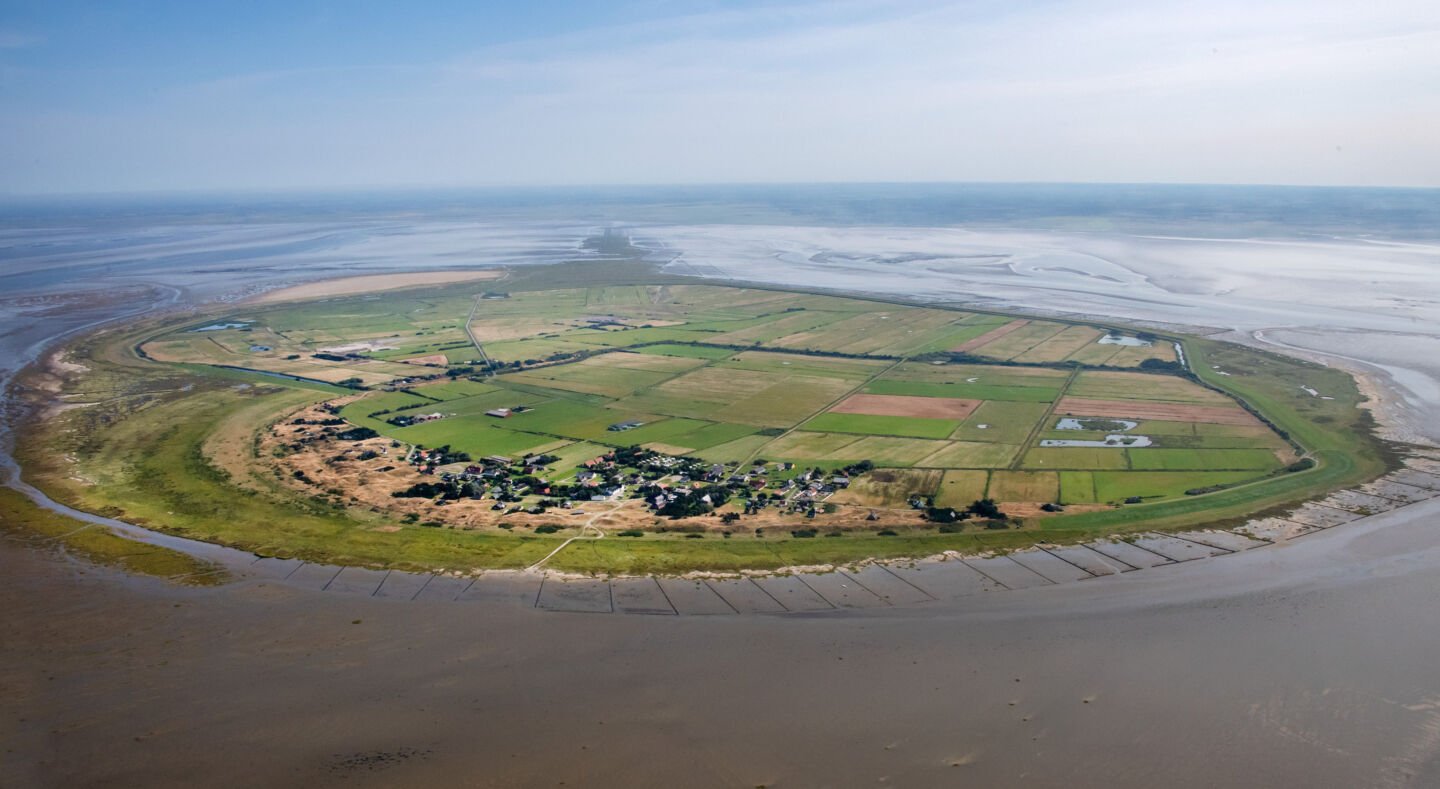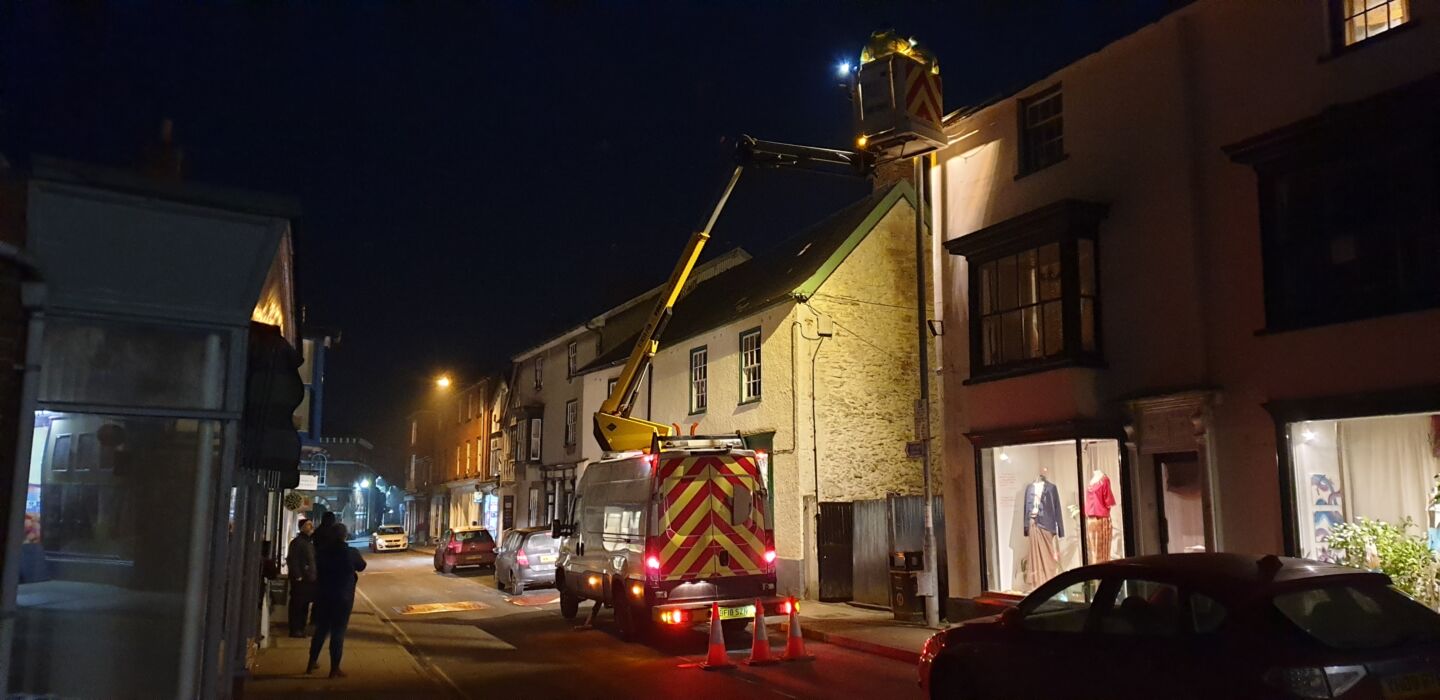
Q&A with DarkSky Advocate Karolina Damjanoska
DarkSky Advocate Karolina Damjanoska from Prilep, North Macedonia, promotes dark skies and fights light pollution through education, student involvement, and future plans for local change.

Each month the DarkSky International features a DarkSky Advocate from the worldwide network of volunteers who are working to protect the night. This month we’re highlighting the work of Karolina Damjanoska from Prilep, North Macedonia.
Q: Tell us a little about yourself! Who is Karolina?
A: I am a graduate professor in Physics and a Master of Science in Physics Education. I work in SOU “Orde Chopela” in the city of Prilep in North Macedonia. The school where I work is vocational High School. We have many different profiles in our school: optics, medical laboratory technician, geodetic technician, architectural technician, construction technician phytomedicine, chemical laboratory technician, food technician, agricultural management technician, veterinary medical technician and bakers.
Although I have extensive international experience from participating in many conferences, in our country throughout Europe. I am project creator and implementer, a mentor of students for different competitions and have experience in organizing various educational events, creating curricula, writing textbooks, etc.
Ersmus+ projects in our school were for the first time introduced by me, also many projects in the field of natural science for interactive learning (GLOBE, Globe at night, …), project-based learning and many teaching techniques in order to motivate students, develop their creativity, increase the competence of students for active learning, but also I have a motivating effect on my colleagues. In addition, I have received recognition many times that I am a tireless worker and I love my job to convey the secrets of physics and natural science to students. I am constantly looking for new challenges in order to improve teaching and successfully solve them.

Q: What do dark skies mean to you?
A: I have always loved observing the night sky. When I was a little girl, I remember during summer vacations by the sea I would ask adults about the astronomical light sources I observed in the night sky, but my father was a doctor and my mother was a midwife, so I couldn’t get more detailed answers from them. But later, through my formal and informal education, I began to learn what interested me. And that process is still ongoing, but when I found out about the Globe at Night project and the problem of light pollution I realized that it is a topic that immediately won me over. Light pollution deals with an interdisciplinary problem that unites ecology, physics, biology, astronomy, economics, etc… I am still working on it today with great enthusiasm. It is a very important part of my life.
Now I know that for all of us humans, the night sky is very important. We all have the right to observe the starry sky as nature has given us and feel beautiful while doing so. When we don’t have light pollution we have a sky full of stars and all the negative consequences disappear.

Q: Did you host any lectures or events for International Dark Sky Week?
A: I planned it, but I couldn’t do it because it coincided with another event. The Ministry of Environment and Spatial Planning of the Republic of North Macedonia on March 20, 2023 has planned an event to celebrate Earth Day for all GLOBE schools, which was held in the city of Skopje. I, as a coordinator from my school, I had to participate, but of course the Globe at Night program was presented there to teachers and students from 20 schools from my country, and the most important, it was presented to the deputy American ambassador to North Macedonia – Erich Meyer and official delegation from the American Embassy in Skopje. Also, my students and I were noticed for our work on Globe at Night by the Minister of Environment and Spatial Planning and the officials from the same ministry. We had prepared a poster presentation, but also my students performed experiments to show the types of light pollution and explain why we all need to get involved in the fight against light pollution. So, I can say that we marked the week of dark skies.
In addition, my student Marko Buchevski, under my mentorship, created a website entitled “Measurement of light pollution in Macedonia”, which you can view here! On this website, you can see the photos from the event Day of the Earth Day in Skopje.

Q: How does your work using Globe at Night help educate your students about light pollution?
A: First of all, I ask the students who are in the first year when they come to our school at the age of 14/15, if they know that light can pollute, then which light pollutes, etc. They are really interested. Then I explain to them that there are harmful consequences of light pollution, which many people do not know. So they ask what we can do about it.
I explain the Globe at Night campaign and that there is something we can all do, by observing the constellations and measuring light pollution, but also realizing that we all need to do something about it, in our everyday lives. Afterwards, many of the students measure light pollution with enthusiasm. Of course, I emphasize to them beforehand that the measurements are performed at night, and they are minors, so they should be careful during their measurements, when choosing the location where they perform the measurements, that they can do it together with their loved ones or near their homes.
Finally, I encourage to them that they should pass on their knowledge about light pollution to their parents, brothers, sisters, relatives, neighbors… I explain to them that it’s cool to know more about constellations and that they will be popular between friends with this knowledge, that in the past ordinary people knew much more about the constellations, that we are all part of nature and the disruption of day and night affects our health and the entire animal and plant world.

Q: Can you share some stories about your students learning about dark skies?
A: Many times my students under my mentorship have used the data from the measurements to participate in Astronomy and Physics competitions in our country, but also abroad and the students under my mentorship have won numerous prizes. For example, in 2010, my student Aleksandar Pusoski won first place at the state competition in applied physics with the topic of measuring light pollution with the help of the Globe at Night project. Likewise, my sons David Damjanoski and Kiril Damjanoski have been measuring light pollution since they were little. In 2014, both of them did work on the measurement of light pollution under the Globe at Night project and won second places in the Dark Sky Rangers competition organized by Nucleo, Portugal and received iPads as prizes etc.
Also when I was working on my master’s thesis, which of course was on the subject of light pollution: Title of the Master thesis: “High School project for preserving the night sky-problem based learning”, my students learned a lot because they helped me especially with distribution of surveys.
Q: Why are dark skies important to people in North Macedonia?
A: When I started, in 2008, I can say that none of my students knew that artificial light can pollute, but now it regularly happens that I have students whose brothers and sisters have already finished high school in our school and they already know. Some of them even participated in the measurements of light pollution together with their relatives. Also my colleagues also know about the Globe at night project.
And more widely in my country, the Globe at Night project is known, because I regularly every year during the summer period when we have GLOBE (globe.gov) seminars for teachers from all over our country, I teach about light pollution, about the way to measure it with the Globe at Night project. So more schools are involved in these measurements, which can be seen on the maps with the measurements using the website of the Globe at Night project.
And at other events around my country, I have given lectures on the topic of light pollution and I can say that the listeners really followed me with attention, and were especially interested in the fact that artificial light is dangerous for health, for the environment, but also that it has economic consequences, because in these times of world crisis it is really matters.
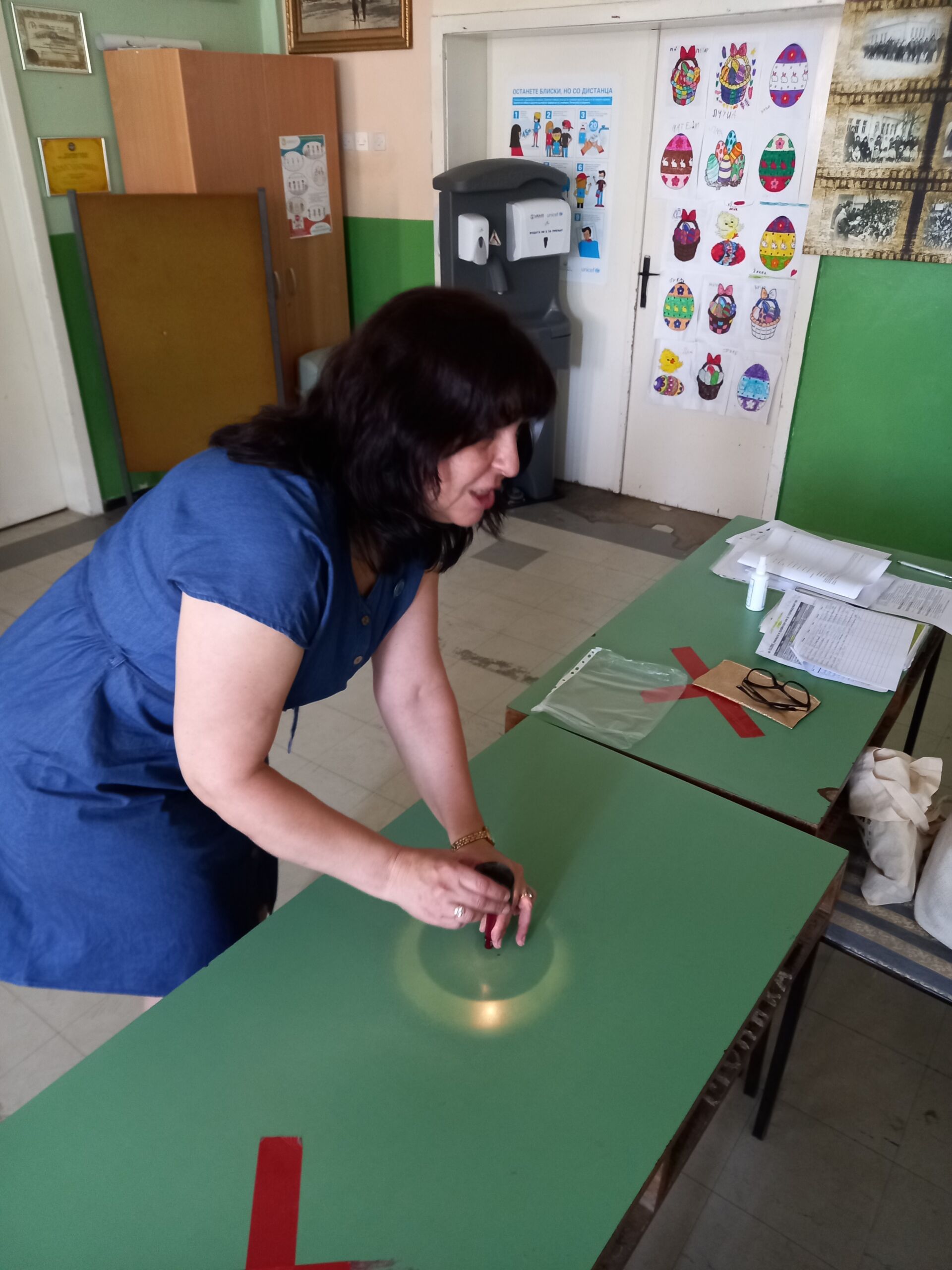
Q: Do you have any local cultural stories about the stars?
A: There aren’t specific star stories that are unique to my country of North Macedonia. We teach about the traditionally known stories of the ancient Greek and Arabic civilizations, amongst the others. I am one of the authors of the book “Globe in Macedonia” where the measurement of light pollution is a special chapter. You can find the book here!
Q: What are your plans for the future of dark skies in Prilep, North Macedonia?
A: I got the new more newest model of SQM instrument, so I plan to study and present it to the students and hopefully we will use it very soon. I also plan to deliver new lectures on light pollution locally in my city, but also at the state level.
Q: Is there anything else you would like to share with us about your advocacy?
A: I started applying to Globe at night in 2008 with my students, it means that we have been measuring light pollution for 15 years until now.
I want to say that I have tried to talk to the local authorities about the problem of light pollution, but so far I have had no success. Namely, there is no law on light pollution in our country, we are not yet part of the European Union, and we are also a small country with many problems. But of course there is no giving up. We go further with the purpose of dark skies and healthy generations. I am sure that educating young people can achieve a lot, although it is most difficult to change attitudes, thoughts and that it is a long-term process, but that is the right way.
Click here to join the DarkSky Advocate Network!

